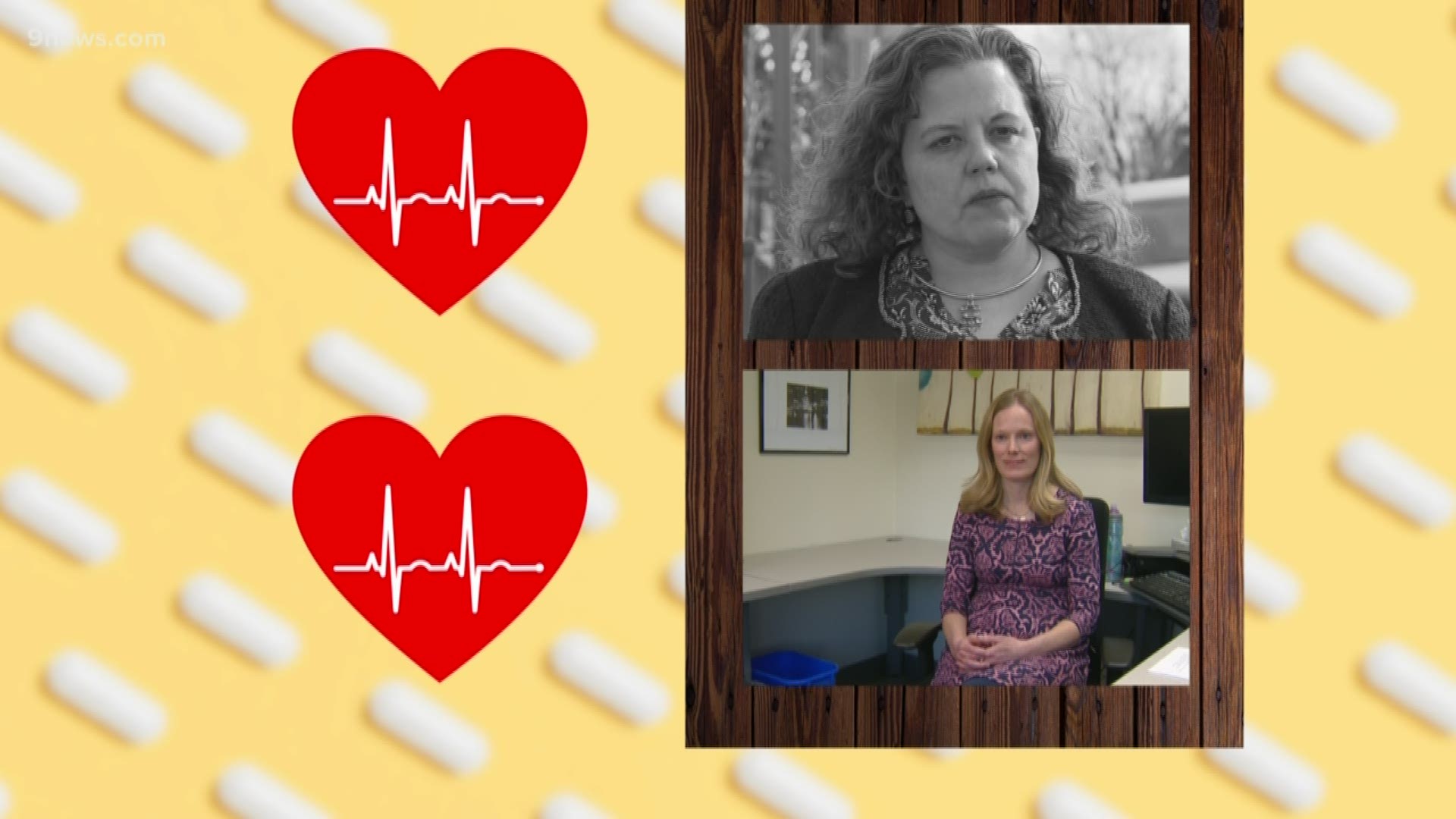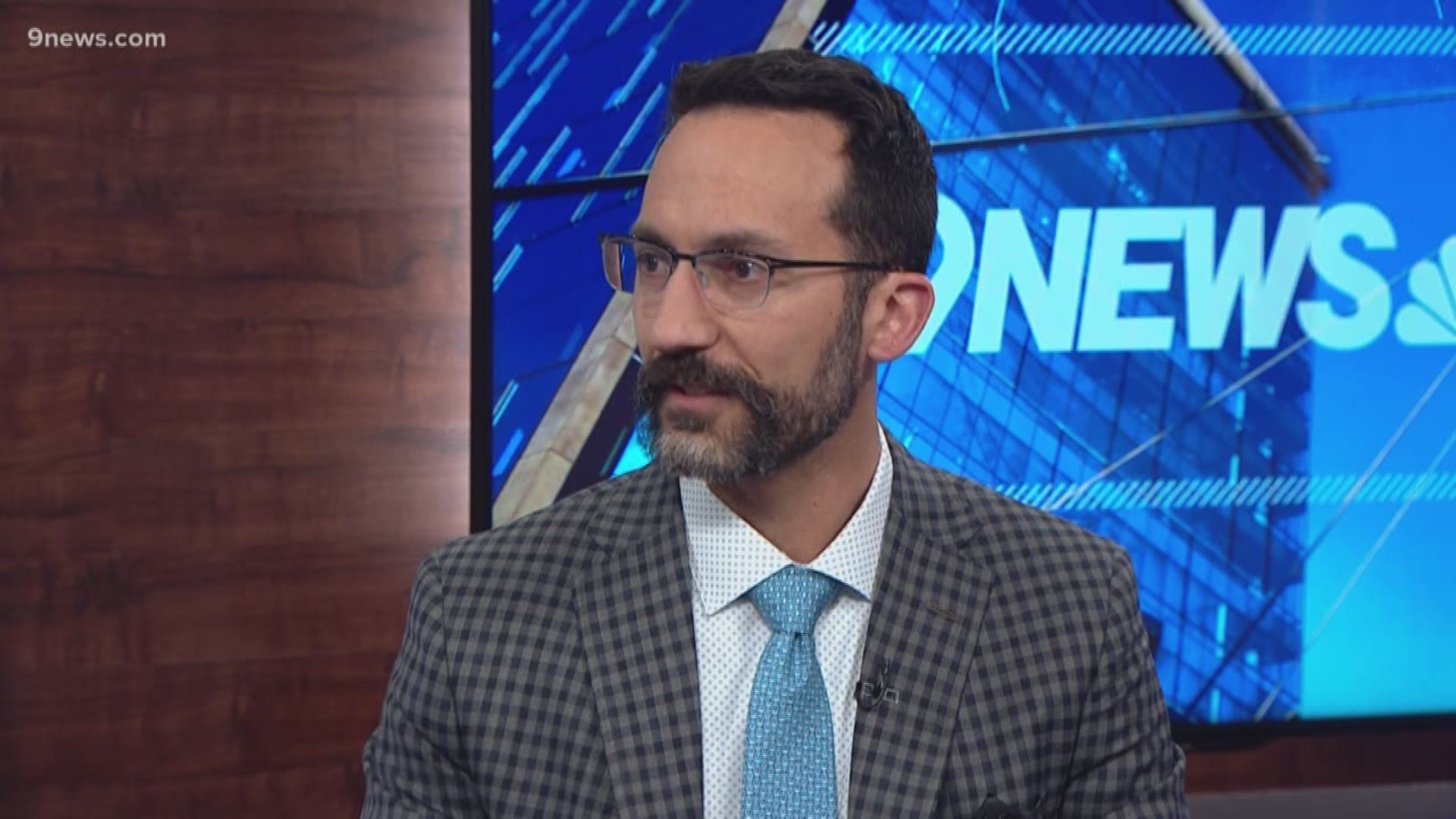COLORADO, USA — As cases of coronavirus continue to climb, it's easy to be scared by rumors and false claims.
We took our questions to two people charged with keeping Coloradans safe if the virus makes it here.
Dr. Michelle Barron is the medical director of infection prevention at UCHealth. Rachel Herlihy is the state communicable disease epidemiologist at the Colorado Department of Public Health and Environment (CDPHE).
We asked them a series of questions about how health officials are preparing and what it could look like it coronavirus made it to Colorado.
(Editor's note: Answers have been edited for context and clarification)
9NEWS: We’ve been planning theoretically for a pandemic for years. What are some of the big lessons learned in that preparation?
Herlihy: Things like SARS planning, MERS, the 2009 H1N1 pandemic, even preparing for Ebola in 2014. I think we’ve learned lots of things. We’ve identified who our partners are. We have good working relationships with our local public health agencies and with our healthcare partners. I think the most important thing is having access to reliable information.
What would a quarantine look like/feel like in Colorado?
Barron: Most of it would probably involve limiting big public gatherings. If a Phish concert was happening, perhaps that would be asked to be canceled. A lot of it is what we call social distancing where we don’t have hundreds or thousands of people en masse in close proximity to each other. Historically, if you look at these kinds of measures of banning travel or trying to keep people’s borders closed off, it’s historically not been very successful.
What type of case spread will we need to know this is ultimately going to have a foothold in the US for months to come?
Herlihy: What we are preparing for is I think what has happened in several other countries around the globe which is ongoing person to person transmission. Here in Colorado the risk currently is low because we don’t have ongoing transmission. The average Coloradoan is much more likely to encounter the flu than COVID-19 at this point.
Beyond hand washing, what are some things people can do today to get ready for a potential pandemic?
Barron: Stay hydrated. I can’t over-emphasize cleaning hands with either alcohol sanitizer or soap and water. Cleaning surfaces like your cell phone. Make sure you have good food and adequate medications if you need them.
Should people be wary of ordering packages or products from China? How can companies like Amazon make sure the packages aren't infected?
Herlihy: This virus doesn’t survive in the environment for an extended period of time so we don’t believe that shipping packages would pose a risk.
SUGGESTED VIDEOS | Local stories from 9NEWS


